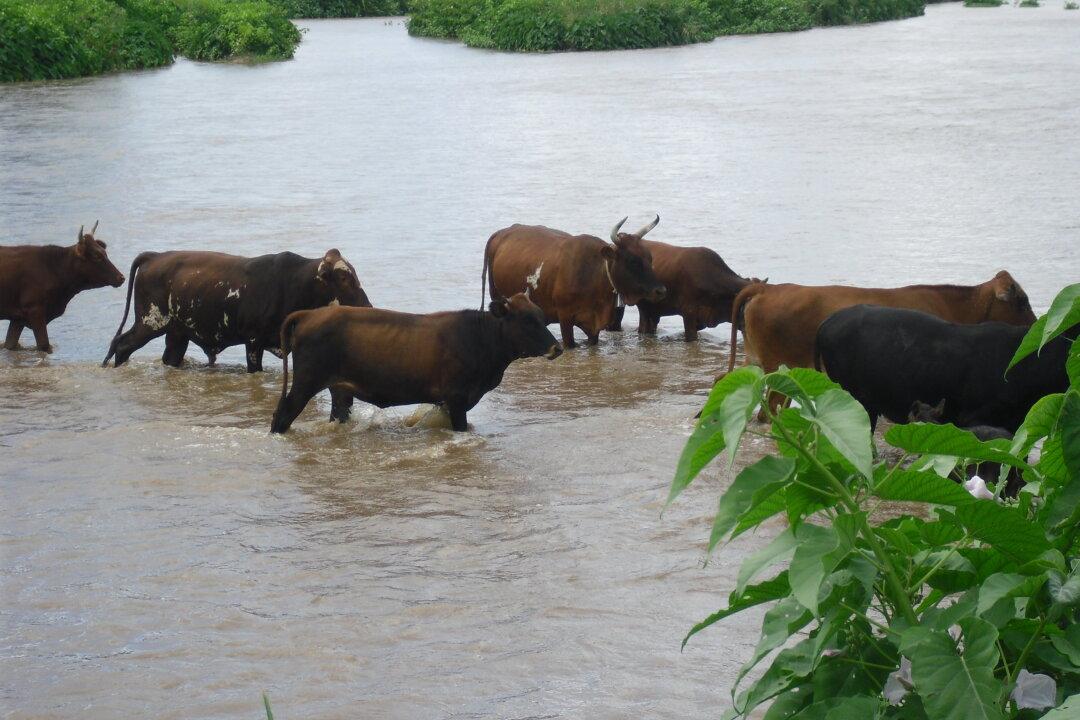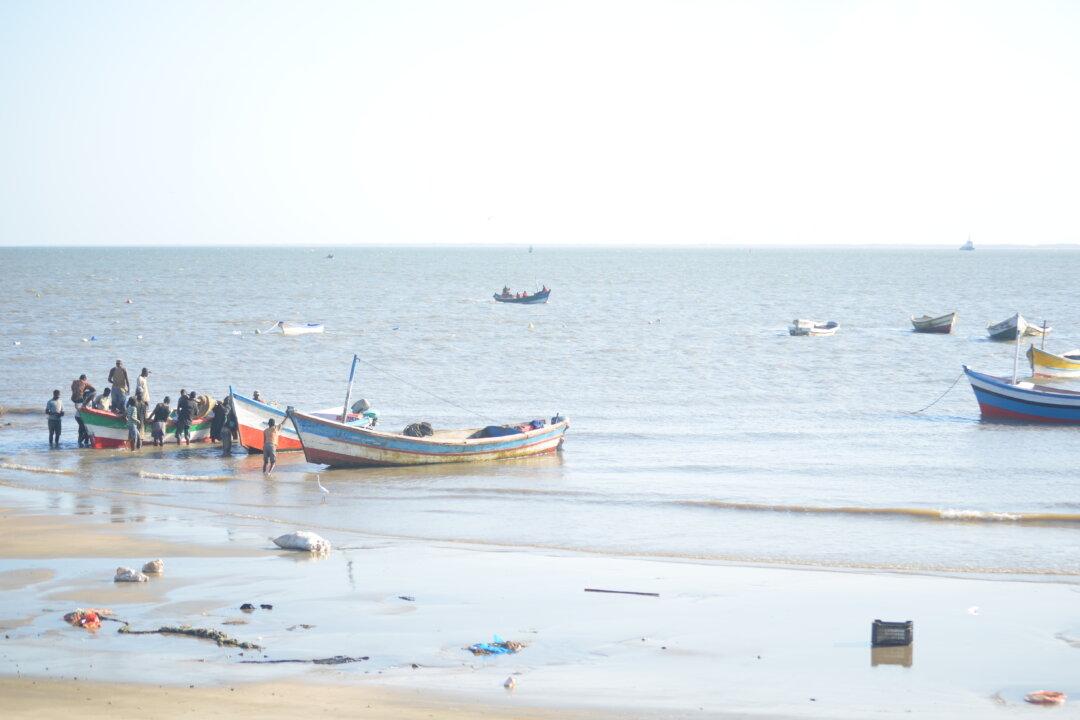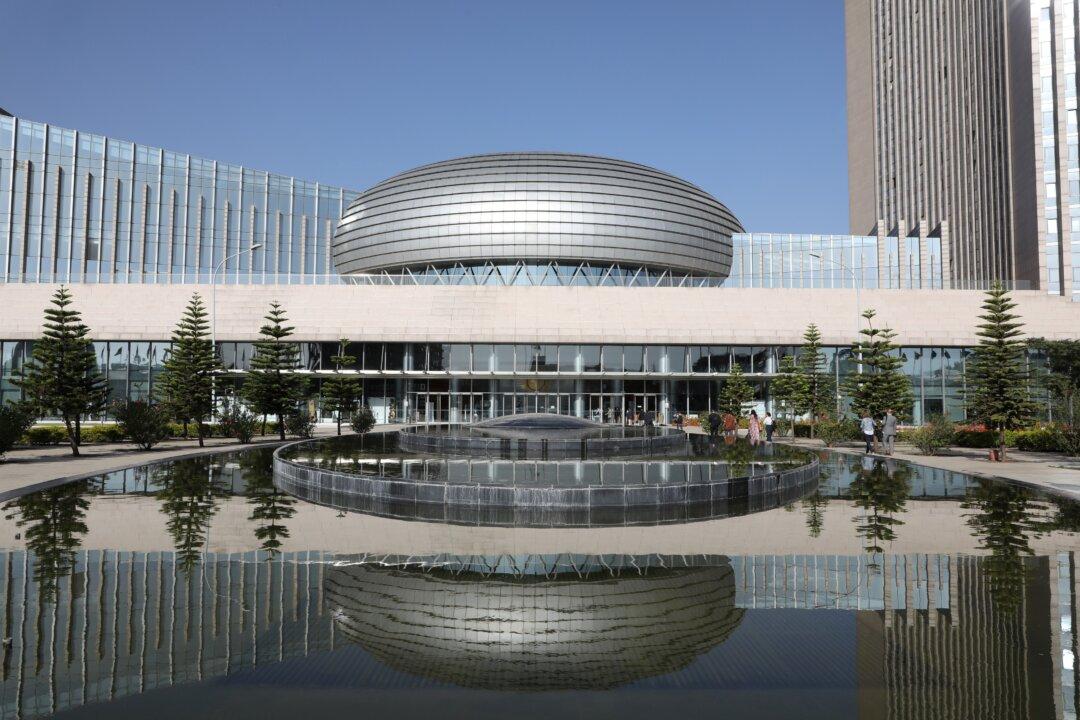MUTARE, Zimbabwe—The environmental impacts by some Chinese companies operating in Zimbabwe can only be described as catastrophic, according to leading environmentalist and human rights activist Farai Maguwu.
Maguwu told The Epoch Times that some Chinese companies don’t even have proper licenses to operate in Zimbabwe.





